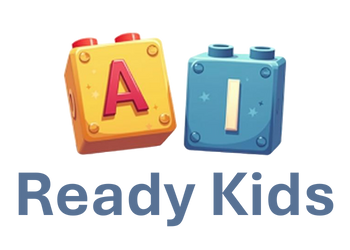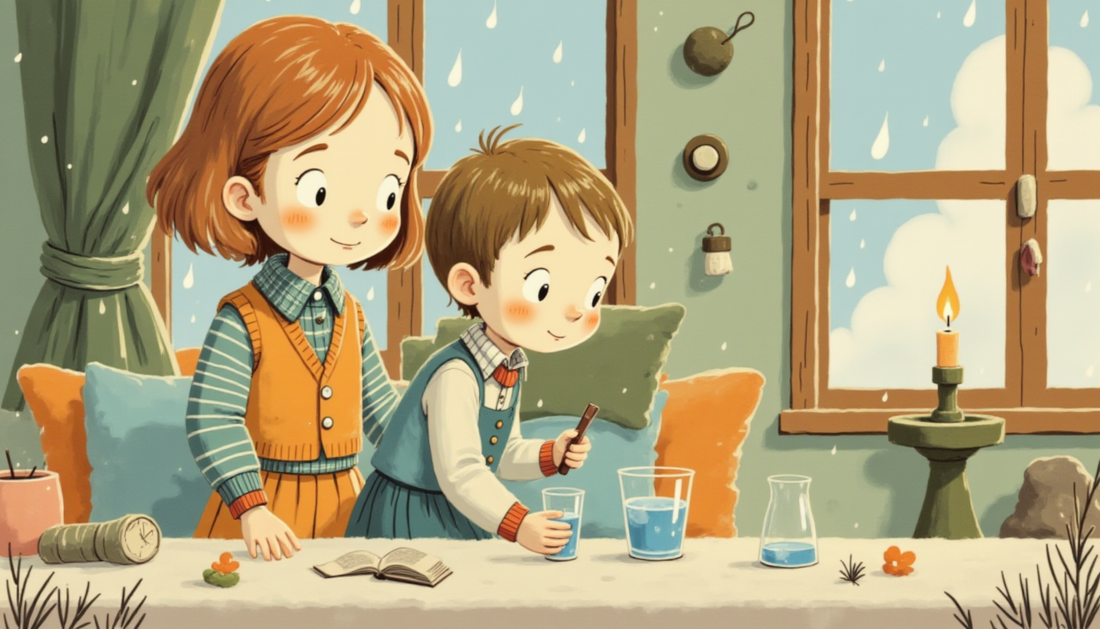Knowing how to learn is more powerful than memorizing facts. Children who understand how to ask questions, test ideas, and reflect on outcomes grow into flexible learners. Play offers the perfect training ground for these habits.
Why learning how to learn matters
Research shows that metacognition — thinking about one’s own thinking — significantly improves children’s ability to transfer knowledge and solve problems in new contexts.^1 By practicing reflection, children learn not just what they know but how they know it.
Everyday strategies for learning how to learn
-
Guess and check. Encourage predictions before trying something new.
-
Talk it through. Invite them to explain their thinking while building or drawing.
-
Reflection. After an activity, ask, “What worked? What would you try differently?”
These small steps help children see learning as an active, repeatable process.
Helping them stay engaged
If needed, model reflection: “I tried this way, but it didn’t work. What else could I try?” Children learn best when they see adults engaging in the same thinking habits.
Why it matters for tomorrow
Children who practice learning how to learn become adaptable, self-motivated, and resilient. These are the very qualities they’ll need to thrive in a world of constant change.
The Science
-
Veenman, M. V. J., Van Hout-Wolters, B. H. A. M., & Afflerbach, P. (2006). Metacognition and learning: Conceptual and methodological considerations. Metacognition and Learning, 1(1), 3–14. https://doi.org/10.1007/s11409-006-6893-0

